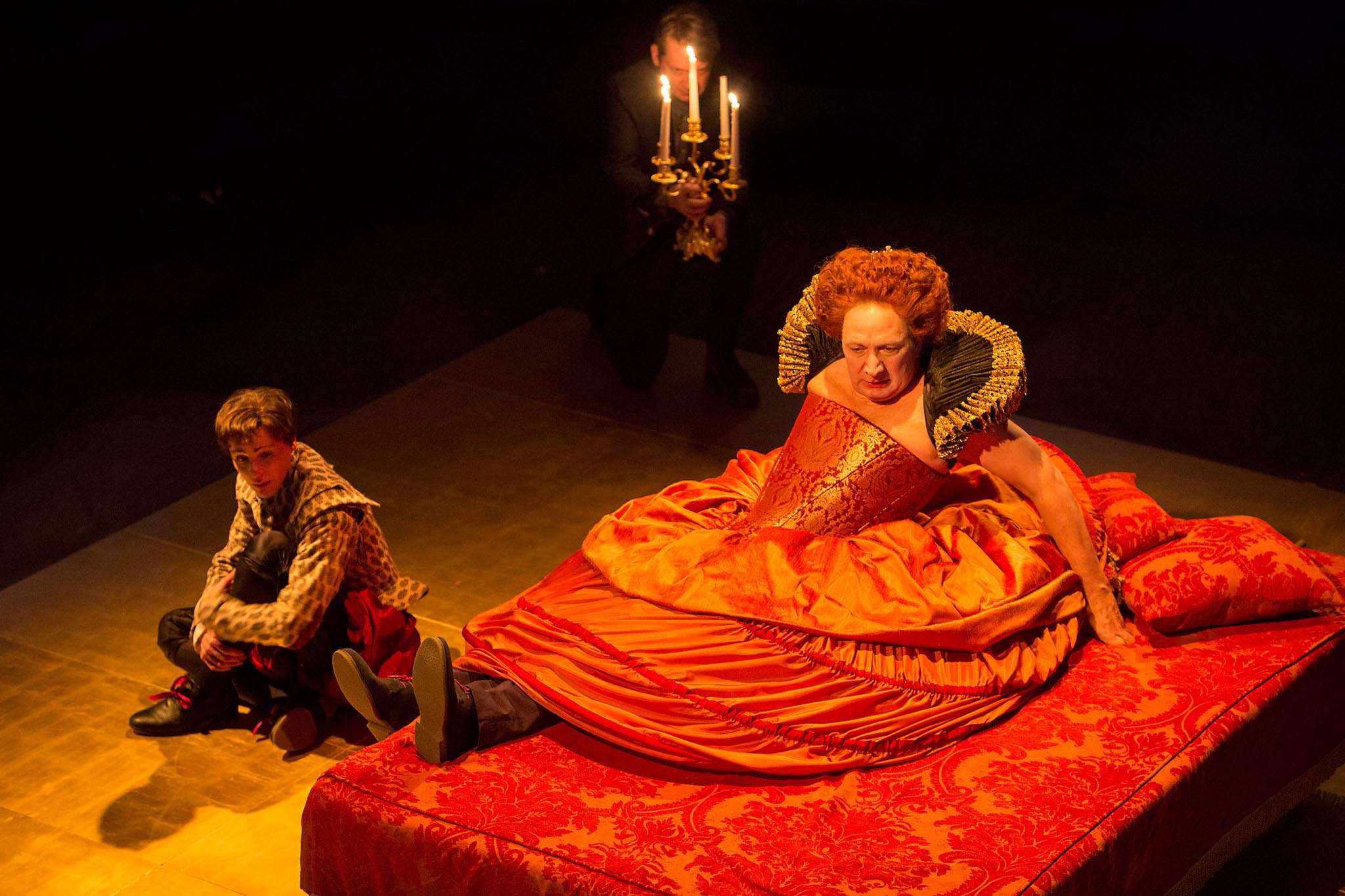Virginia Woolf's Orlando, theatre review
Manchester Royal Exchange

It is more than 20 years since Sally Potter’s ravishing cinema adaptation of Virginia Woolf’s time-shifting odyssey wooed art house audiences. With Tilda Swinton in the title role as the gender-bending heroine cum hero, some spectacularly beautiful cinematography (particularly the unforgettable Tudor ice scenes) and stylish wit, the film set a high bar for those brave enough to follow.
International experimentalist mega star Robert Wilson had a go in the mid 1990s bringing his high-concept version to the Edinburgh Festival starring Miranda Richardson although the critics were largely unconvinced by his trademark minimalist efforts.
It took another American dramatist, Pulitzer-prize and Tony-award nominated Sarah Ruhl to deliver the next reworking of this English period piece to a New York audience some four years ago. This new version, the highlight of the Royal Exchange’s spring season, plays it – much of the time - for laughs.
Suranne Jones, a highly accomplished stage and screen actor, gives a performance as Orlando as solid as the Thames during the little ice age. So too the other members of the cast who work their hearts out to recreate a panorama stretching across 400 years of English history armed with little more than a white sheet and a small model of a boat.
Such physical limitations are, of course, one of the unique joys of theatre – making imaginative demands on the audience which, when it works, offer up such fabulously rich rewards. Yet this production seemed to err more on the side of slap-my-thigh pantomime humour than the fabulous, magical adventure of Orlando on-screen or page.
Woolf splurged the novel during the Bloomsbury winter of 1927/8 at the height of her impassioned affair with Vita Sackville-West. It is a “gay” romp both in the old fashioned and the modern sense – an enchanted and enchanting Sapphic adventure through the ages.
But at its core Woolf is making the serious point that the creative spirit is androgynous and cannot be confined by gender roles imposed by patriarchal society. The play hits the same points hard too but begins to drift in the second half.
It is at its best in the court of Elizabeth I, a lurid old drag queen smelling of wardrobes and lusting after the shapely pins of her strange young courtier. The centuries speed up through stultifying Georgian parlours to the smothering Victoriana of the author’s youth.
We are propelled beyond Woolf’s present to a “now” symbolised by a lap top computer and a contented female writer, yet much of the previous enjoyment is lost in a hurried confusion in which the “lessons” of the text feel like they are being rammed home.
Many in the audience clearly loved this production undoubtedly helped by the excellent performances and the haunting musical accompaniment of cellist Hetti Price.
But although we are reminded of the otherness of times past – when everything from the size of the vegetables to the colour of the sky was different - such strangeness is too rarely evoked.
To 22 March
Join our commenting forum
Join thought-provoking conversations, follow other Independent readers and see their replies
Comments